Jakarta Is Sinking So Fast, It Could End Up Underwater
—New York Times headline, 12/21/17
A flash of silver-green in the water. That is all Hasan sees, but it is enough. He runs after, alongside, his small legs propelling him across the planks and platforms that crisscross the city. The wood once scratched underfoot, but it has gone smooth with time and wear, just as the soles of Hasan’s feet have grown thick and hearty, able to withstand all but the sharpest of splinters.
This story won first place in the Stories of The Nature of Cities Prize for very short fiction on future cities, and was included in a book of 57 stories. See more about the collection here.
See a video of a reading of the story at TNOC Summit below.
Buy the book.
The turtle makes a sharp right. From where Hasan stands, the turtle’s logic is unclear, but no matter. Hasan has only to follow, to trust that the turtle knows where it is going and why. Hasan jumps from board to board, keeping the turtle always in sight. He runs past the fishermen, past the dry goods shop, past the seamstresses, heads bent over their work. Past the school where he spends six hours a day learning to read and write, learning his arithmetic, so that one day he can go to University like Ricardo. Ricardo is a doctor, Hasan knows, but not the kind of doctor who can fix a body. He’s a doctor of turtles is what Hasan thinks, a doctor of the sea.
Ricardo came to study their city. That’s what he told Hasan. That their city was the only place in the world that lived so close to the water, the only city in the world that had found a way to coexist with the rising tides. Hasan nods his head when Ricardo tells him this, but it does not totally make sense to Hasan. Of course they live close to the water. Where else would they live?
Hasan’s grandparents tell him the city was not always like this, but he has known nothing but. To him, it is beautiful, a never-ending playground of mangroves and sea hibiscus, long-tailed monkeys and heron. His grandparents tell him the city sank, not just because of the rising waters of the sea but because of human greed, human corruption, humans digging under the surface of the city, lowering it inch by inch. That, even, was before their time. Eighty years earlier, an era unknown.
Many fled to higher ground, but those who stayed welcomed the water. It was the corrupt ones who fled, that’s what Hasan’s grandparents say. Those who remained adapted, rebuilt. They raised their houses on stilts; they grew accustomed to moving about the city on makeshift rafts. They built the platforms that Hasan runs across now. The government offered to resettle them, to move them to solid ground. But why should they move? Hasan’s family has lived in the city for centuries. His ancestors walked its roadways back when it was known only as the port of Sunda Kelapa, a valuable stop on European trade routes. His ancestors fought for Sunan Gunungjati, driving out the first colonizers. Sunan Gunungjati, who named the city Jayakarta. Victorious City. These are the lessons Hasan learns in school. Impossible to understand the present, his teacher says, without understanding the past.
The turtle has reached a dead end. But it does not fret. It glides to a stop and floats, contemplating its next move. It is patient. It feels the warmth of the sun above, the cool water below. It has time.
Hasan pulls the equipment Ricardo gave him from the pouch that hangs across his back. He lies on his stomach and reaches his hands into the water. Slowly, slowly. He inches his hands toward the turtle’s body until he holds its ancient mass between his fingers. He lifts it out of the water and into the humid air, gentle, gentle. It flaps its flippers, but it does not fight. He holds the turtle by the body, careful, careful, just like Ricardo showed him. He takes its flipper between his thumb and index finger. It trembles in his hand. Hasan runs the disinfectant swab over the flipper and clips on the metal tag, quick, quick, the flipper tough like leather. He eases the turtle back into the water and feels the splash of drops on his face. He wonders if he will ever see this turtle again. The tags will help him know.
Hasan watches it swim away, untroubled by his brief intervention, the feel of human hands already forgotten.
Hasan, too, will one day be a doctor of the sea.
The turtles, Ricardo says, are coming back.
Jayakarta. Victorious.
This story is also published in the book A Flash of Silver Green, and on line at ArtsEverywhere.ca, which, along with The Nature of Cities and others, was a lead sponsor of this collection.
https://vimeo.com/377380385

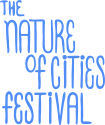
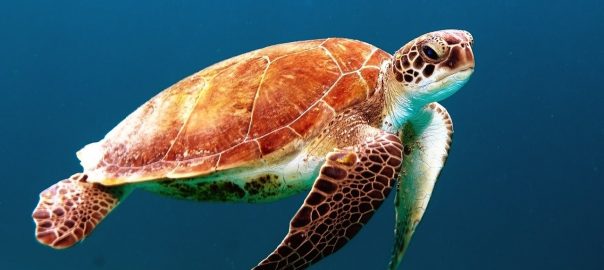
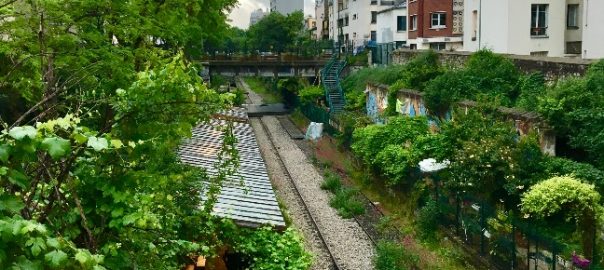

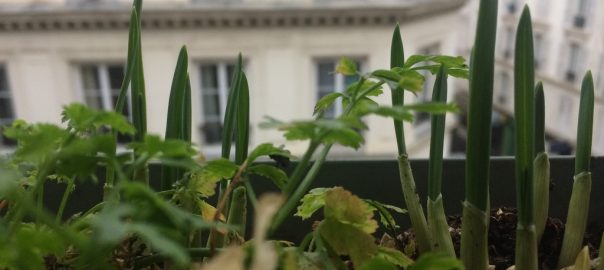
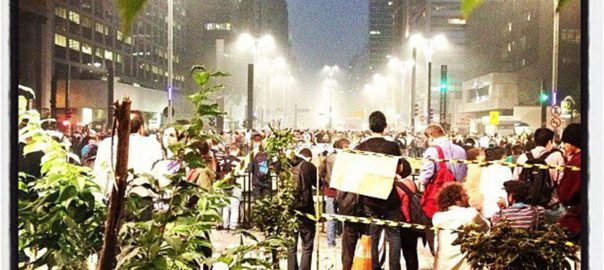
Leave a Reply